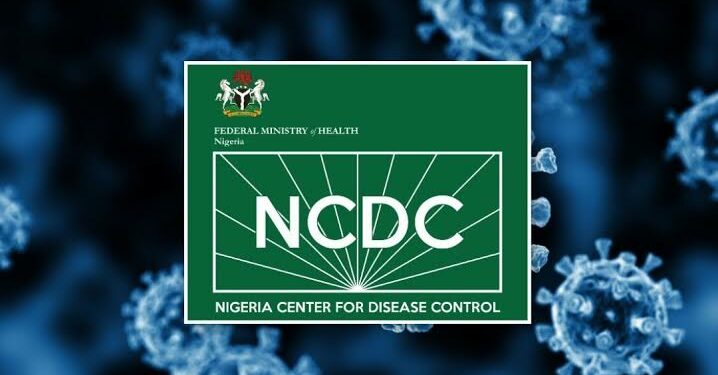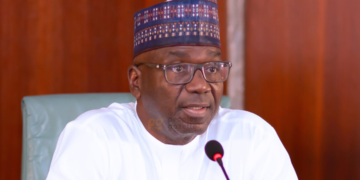The Nigeria Centre for Disease Control and Prevention (NCDC) has dispelled fears of an Ebola or Marburg outbreak in the nation’s capital Abuja after two suspected cases of viral hemorrhagic fever tested negative for both diseases.
In a public health advisory issued yesterday, the director-general of NCDC, Dr Jide Idris, said the center was currently testing samples for other viral hemorrhagic diseases like Lassa fever and Dengue fever.
The most recent case involved a traveler who returned from Kigali and promptly reported to a hospital in Abuja after feeling unwell. His quick action, combined with the vigilance of clinicians at Nisa Premier Hospital, triggered a coordinated response that minimised risks to the public.
“We commend the patient’s responsible decision to seek care early, the high index of suspicion by the hospital team, and the swift collaboration of FCT epidemiology officers, port health services and our laboratory teams,” said Dr. Idris.
The agency disclosed that it had conducted a dynamic risk assessment following reports of Ebola in other countries, adding that nationwide preparedness measures include strengthened surveillance at points of entry, alerting isolation and treatment facilities, repositioning infection prevention supplies and keeping reference laboratories on standby for rapid testing.
He urged states and healthcare facilities to keep isolation centers functional, support surveillance officers and maintain strict infection prevention protocols, stressing that private hospitals have a vital role to play in early detection.
The NCDC encouraged Nigerians to practice good hygiene, avoid contact with symptomatic persons or wild animals and seek immediate medical care if unwell, especially after international travel.
It also cautioned the public against spreading unverified information on social media.
“These recent events remind us that the vigilance of one clinician, the responsibility of one patient and the cooperation of stakeholders can protect millions,” Dr. Idris noted.
The center assured that Nigeria’s health system remained alert and capable of responding effectively to any public health threat.





